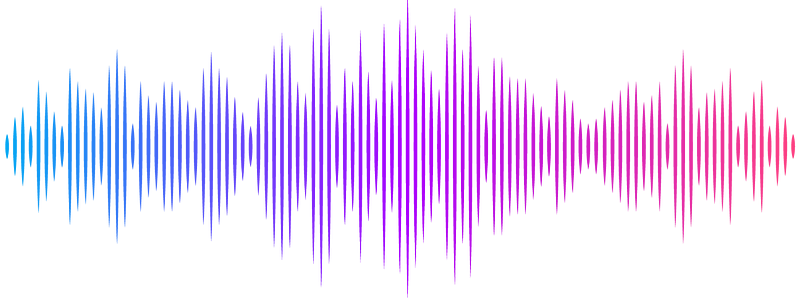Striking Long Term Beneficial Effects of Single Dose Psilocybin and Psychedelic Mushroom Extract in the SAPAP3 Rodent Model of OCD-Like Excessive Self-Grooming

Striking Long Term Beneficial Effects of Single Dose Psilocybin and Psychedelic Mushroom Extract in the SAPAP3 Rodent Model of OCD-Like Excessive Self-Grooming
Brownstien, M.; Lazar, M.; Botvinnik, A.; Shevakh, C.; Blakolmer, K.; Lerer, L.; Lifschytz, T.; Lerer, B.
AbstractObsessive compulsive disorder (OCD) is a highly prevalent disorder that causes serious disability. Available treatments leave 40% or more of people with OCD significantly symptomatic. There is an urgent need for novel therapeutic approaches. Mice that carry a homozygous deletion of the SAPAP3 gene (SAPAP3 KO) manifest a phenotype of excessive self-grooming, tic-like head-body twitches and anxiety. These behaviors closely resemble pathological self-grooming behaviors observed in humans in conditions that overlap with OCD. Following a preliminary report that the tryptaminergic psychedelic, psilocybin, may reduce symptoms in patients with OCD, we undertook a randomized controlled trial of psilocybin in 50 SAPAP3 KO mice (28 male, 22 female). Mice that fulfilled inclusion criteria were randomly assigned to a single intraperitoneal injection of psilocybin (4.4 mg/kg), psychedelic mushroom extract (encompassing the same psilocybin dose) or vehicle control and were evaluated after 2, 4 and 21 days by a rater blind to treatment allocation for grooming characteristics, head-body twitches, anxiety and other behavioral features. Mice treated with vehicle (n=18) manifested a 118.71+95.96 % increase in total self-grooming (the primary outcome measure) over the 21-day observation period. In contrast, total self-grooming decreased by 14.60%+17.90% in mice treated with psilocybin (n=16) and by 19.20+20.05% in mice treated with psychedelic mushroom extract (n=16) (p=.001 for effect of time; p=.0001 for time X treatment interaction). 5 mice were dropped from the vehicle group because they developed skin lesions; 4 from the psilocybin group and none from the psychedelic mushroom extract group. Secondary outcome measures such as head-body twitches and anxiety all showed a significant improvement over 21 days. Notably, in mice that responded to psilocybin (n=12) and psychedelic mushroom extract (n=13), the beneficial effect of a single treatment persisted up to 7 weeks. Mice initially treated with vehicle and non-responsive, showed a clear and lasting therapeutic response when treated with a single dose of psilocybin or psychedelic mushroom extract and followed for a further 3 weeks. While equivalent to psilocybin in overall effect on self-grooming, psychedelic mushroom extract showed superior effects in alleviating head-body twitches and anxiety. These findings strongly justify clinical trials of psilocybin in the treatment of OCD and further studies aimed at elucidating mechanisms that underlie the long-term effects to alleviate excessive self-grooming observed in this study.


